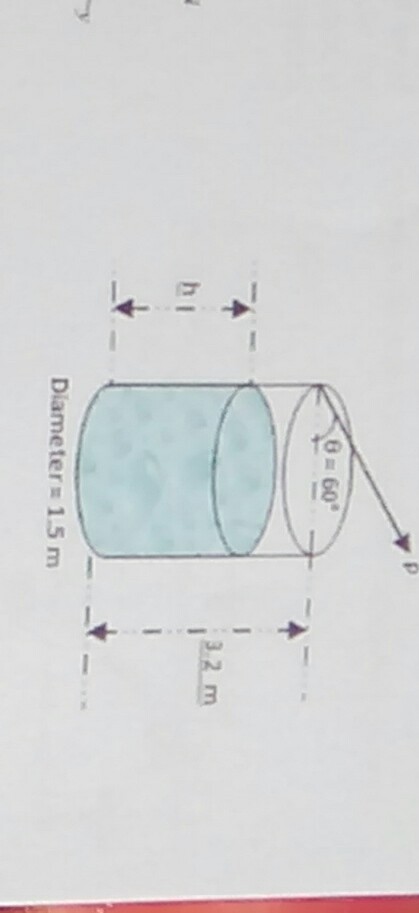Problem 431
Can anyone help me how to calculate the zero moments in the questions?
- Read more about Problem 431
- Log in or register to post comments
| Forum | Topics | Posts | Last post |
|---|---|---|---|
|
No new posts
|
|||
|
No new posts
|
58 | 172 | By Godofredo 23 hours 1 minute ago |
|
No new posts
|
26 | 80 | By Engr Jaydee 10 months 2 weeks ago |
|
No new posts
|
74 | 207 | By fitzmerl duron 1 year 7 months ago |
|
No new posts
|
3 | 6 | By Jhun Vert 5 years 1 month ago |
|
No new posts
|
18 | 50 | By Jhun Vert 3 years 8 months ago |
|
No new posts
|
21 | 41 | By Jhun Vert 1 year 5 months ago |
|
No new posts
|
|||
|
No new posts
|
122 | 328 | By Jhun Vert 2 days 1 hour ago |
|
No new posts
|
31 | 83 | By Jhun Vert 1 year 6 months ago |
|
No new posts
|
40 | 120 | By Jhun Vert 1 year 5 months ago |
|
No new posts
|
9 | 19 | By agentcollins 4 years 5 months ago |
|
No new posts
|
|||
|
No new posts
|
93 | 206 | By Jhun Vert 2 days 12 hours ago |
|
No new posts
|
75 | 175 | By Jhun Vert 1 year 7 months ago |
|
No new posts
|
|||
|
No new posts
|
7 | 34 | By fitzmerl duron 1 year 6 months ago |
|
No new posts
|
46 | 86 | By inzenyrp 10 months ago |
Can anyone help me how to calculate the zero moments in the questions?
How do you calculate NPV for a model with single payment compound amount scenario.
To develop an oil well containing 2,000,000 barrels of oil required an initial investment of PhP 30,000,000.00. In a certain year, 400,000 barrels of oil were produced from this well.
The total gross income of the oil company is PhP 34,000,000.00 for the particular year, and the taxable income after talking all deductions, except for depletion, is PhP 14,100,000.00. Determine the allowable depletion allowance for the year.
Good day,
I got stuck finding the manual solution for this problem without relying to the solve function of Casio calculator
The original equation was
[(1+x)40] -1 = (181205.95/3000)x
Then I tried using properties of logarithm and I simplified it to this equation:
[ln(181205.95/3000)]/40 = ln(1+x) - (1/40)[ln(x+3000/181205.95)]
0.102526 = ln(x+1) - 0.025ln(x+0.0165557)
Answer: x = 0.02

find the general solution
2y ln y dx - x (1 + 2x ln y) dy = 0
PLEASE PO.. PATURO KUNG PANO KUMUHA NG REACTION AT PAANO ANG PAG MOMENT
This post is locked by moderator. Note: be more specific; provide more information.
can anyone help with Hoists and Haulages in engineering mechanics?
Find each member and reactions. (by joint method)

The Philippine Institute of Civil Engineers is planning to construct its own building. Two proposals are being considered:
(a) The construction of the building now to cost PhP 400,000.00
(b) The construction of a smaller building now, to cost PhP 300,000.00 and at the end of 5 years, an extension to be added to cost PhP 200,000.00
Which proposal is more economical if interest is 20%, depreciation is disregarded and by how much?
 Forum posts (unless otherwise specified) licensed under a Creative Commons Licence.
Forum posts (unless otherwise specified) licensed under a Creative Commons Licence.
Recent comments